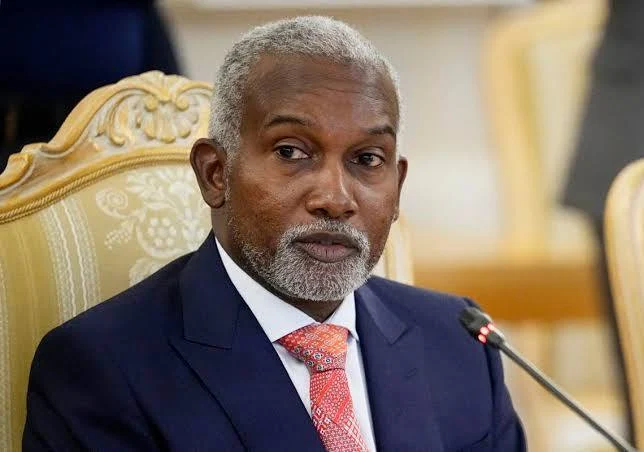Ambassador Yusuf Tuggar: A Firm Voice for Africa at UNGA 80
When the United Nations General Assembly opens its 80th session in New York, the world will look once again to its most influential states for leadership on questions of peace, development, and justice. Yet, in this moment, Africa’s voice is no less critical. And for Africa’s largest democracy and one of its strongest economies, Nigeria, the task of giving substance to that voice falls squarely on the shoulders of its Minister of Foreign Affairs, Ambassador Yusuf Maitama Tuggar.
Tuggar has already earned a reputation as a diplomat of conviction, one who embodies both firmness and patriotism in equal measure. His record as Nigeria’s ambassador to Germany underscored this: he helped secure the return of 22 Benin Bronzes, giving weight to calls for cultural restitution and confronting the shadows of colonial injustice. At the same time, he cultivated deep commercial ties, from the Siemens Power Project that underpinned Nigeria’s electricity reforms, to agricultural and investment partnerships that broadened opportunities for ordinary Nigerians.
As foreign minister, Tuggar has carried this ethos into the global arena. Perhaps most telling was his firm refusal to accept the United States’ attempts to offload Venezuelan prisoners on Nigerian soil—a proposal packaged as diplomatic “cooperation.” He made it clear that Nigeria would not be reduced to a dumping ground, no matter the pressure applied. It was a striking moment in which Africa’s most populous country stood up to one of the world’s great powers and refused to bend. In Ambassador Tuggar’s defiance, the broader message was simply this: friendship with Nigeria must be built on respect, not coercion.
It is this unyielding approach that Nigeria now brings to UNGA 80, where its agenda reflects not only national priorities but the wider interests of Africa and the Global South. Central to that agenda is the long-standing demand for permanent African representation on the UN Security Council. For decades, the Council has remained structurally skewed, excluding the very continent that contributes the most peacekeepers and suffers the highest share of global conflicts. Yet, Nigeria’s case is compelling: with its population, its economy, and its historic role in peacekeeping across West Africa and beyond, its presence on the Council would anchor Africa’s voice in the highest deliberations on global security.
Equally urgent is Nigeria’s call for reform of the global financial architecture. Current systems continue to burden developing nations with unbalanced debt structures and limited access to capital. Ambassador Tuggar and his delegation will argue that genuine reform of this financial architecture is not an act of charity, but one of justice. A restructuring of this nature would allow Africa, and countries like Nigeria, to drive the kind of growth that benefits the entire global economy.
Nigeria, at UNGA, must also champion regional partnerships for democracy, an initiative that comes at a time when democratic governance in Africa is under strain from repeated coups and rising authoritarianism.
Recently, Ambassador Tuggar announced a new initiative in collaboration with the United Nations Development Programme (UNDP) called the Regional Partnership for Democracy. The goal of this program is to strengthen democratic governance and institutional resilience across the West African region. The forum of UNGA will be the right global platform to advance this initiative and seek more voices and hands in its support.
Finally, Nigeria would be expected to use its position as a member of the African Union Peace and Security Council to demand more consistent UN funding for African-led peace operations. Without such support, regional institutions remain hamstrung, leaving conflicts to fester and undermining global stability.
Taken together, these positions reflect both an ambitious and necessary agenda. They signal a Nigeria determined not only to advance its own interests but also to speak for Africa in shaping the rules of the international order. For this, Ambassador Yusuf Tuggar, with the right pedigree is well-positioned to advocate the country’s position. His career has shown that he is unafraid to confront imbalance, whether in matters of cultural restitution, global trade, or the politics of migration. At UNGA 80, he has the chance to apply that same resolve to questions of peace, justice, and development.
If the General Assembly is to live up to its ideals, it will need strong, clear, and principled voices. Nigeria has one in Ambassador Tuggar. And in his voice, Africa’s demand for fairness and dignity will be difficult to ignore.
Nathaniel C. Adoji, a journalist writes from Kaduna



